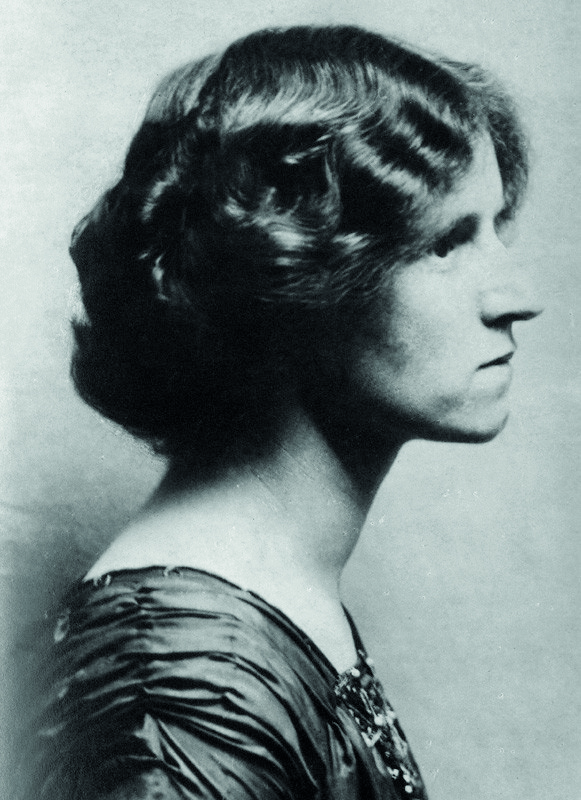
 Susan Isaacs (1885-1948) is best known for her deep knowledge of child development and her detailed observations of young children. She was a strong advocate for children's play, particularly ‘open air’ play, and she believed that through this form of self-expression, children could safely release their feelings and work out how to deal with a range of emotions. This was revolutionary during the 1920s, in the buttoned-up society in which she lived. She founded Chelsea Open Air Nursery in 1928 and her philosophy lives on in the setting's ‘garden of imagination’, where children indulge in free-flow play and learning, indoors and out (see Case study).
Susan Isaacs (1885-1948) is best known for her deep knowledge of child development and her detailed observations of young children. She was a strong advocate for children's play, particularly ‘open air’ play, and she believed that through this form of self-expression, children could safely release their feelings and work out how to deal with a range of emotions. This was revolutionary during the 1920s, in the buttoned-up society in which she lived. She founded Chelsea Open Air Nursery in 1928 and her philosophy lives on in the setting's ‘garden of imagination’, where children indulge in free-flow play and learning, indoors and out (see Case study).
Register now to continue reading
Thank you for visiting Nursery World and making use of our archive of more than 35,000 expert features, subject guides, case studies and policy updates. Why not register today and enjoy the following great benefits:
What's included
-
Free access to 4 subscriber-only articles per month
-
Unlimited access to news and opinion
-
Email newsletter providing activity ideas, best practice and breaking news
Already have an account? Sign in here
